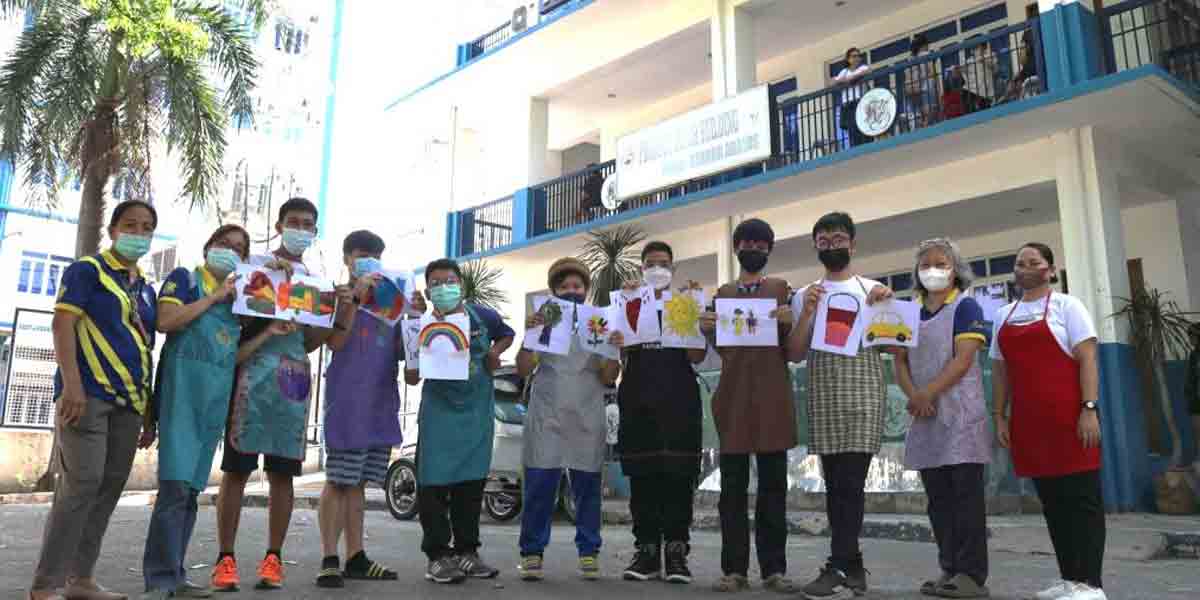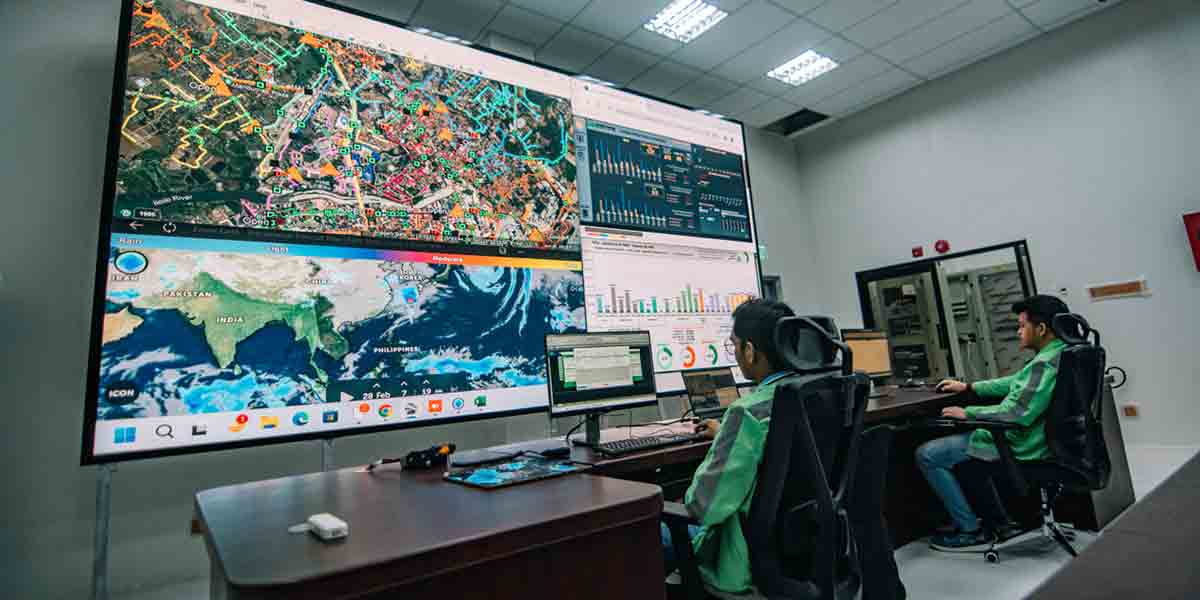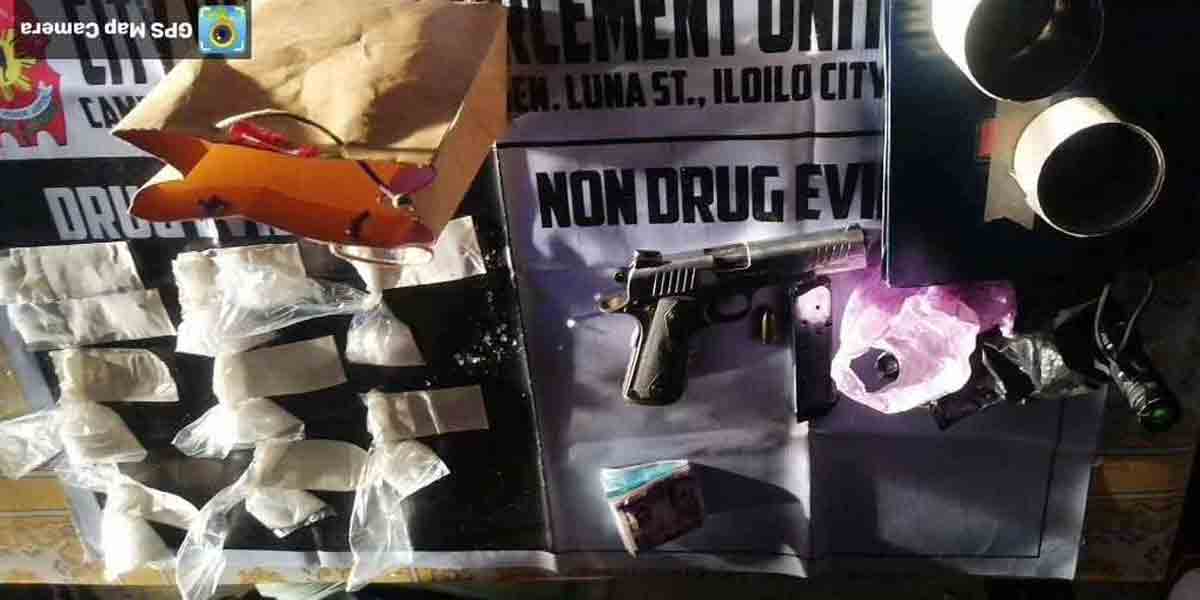By Alex P. Vidal
“The word deepfake has become a generic noun for the use of machine-learning algorithms and facial-mapping technology to digitally manipulate people’s voices, bodies and faces. And the technology is increasingly so realistic that the deepfakes are almost impossible to detect.” —Ben Sasse
LONG before Commission on Elections (Comelec) Chairman George Erwin Garcia sounded the alarm that deepfakes and artificial intelligence (AI) technology might be used to influence campaign materials for next year’s elections, AI technology was already a challenge and a threat to security.
This was emphasized by Senator Ana Theresia “Risa” Navarro Hontiveros during a press conference organized by the Philippine American Press Club New York at Café Green in Manhattan, New York City June 9.
She admitted there is no mechanism for protection and security when it comes to AI technology threat but on their part as legislators, they work with IT experts to push back versus proliferation of deepfakes and disinformation and keep their spaces open.
Policymakers, tech companies and governments are trying to catch up, as AI-generated deepfakes are being used to spread false information in elections around the world,
Hontiveros, 58, who was in New York and Los Angeles for the 12th Philippine Independence Day celebration with a theme, “Preserving Our Filipino Culture and Heritage to Unite Generations”, acknowledged that troll farms have been engaging in influence operation to smear or promote certain candidates especially in the previous election.
“This algorithm is really confusing and difficult to deal with,” she lamented, adding she was saddened that troll farms have become a serious and lucrative employment for some social media vloggers.
-o0o-
A troll farm or troll factory is an institutionalized group of internet trolls that seeks to interfere in political opinions and decision-making. Reports showed that 30 governments worldwide (out of 65 covered by the study) paid keyboard armies to spread propaganda and attack critics.
Tech companies are weighing in too. Meta, YouTube and TikTok have begun requiring people to disclose when they post AI content. Meta has said that it is working with OpenAI, Microsoft, Adobe and other companies to develop industrywide standards for AI-generated images that could be used to automatically trigger labels on platforms.
Garcia had asked the Philippine legislature to pass a legislation against AI and deepfakes to safeguard and protect the Philippines elections saying, “there should be truthful campaigning. I will convince the commission en banc to prohibit the use of deep fake(s) and AI in campaigning because there are many who get confused. There are misrepresentations. There are many falsehoods that happen when these are used.”
The Comelec chair feared that “the abuse of AI technology and deepfake videos undermines the integrity of elections and the credibility of public officials, candidates, and election management authorities.”
He added: “The abuse of this technology in campaign materials, such as videos, audios or other media forms, may amount to fraudulent misrepresentation of candidates. This defeats the very purpose of a campaign, which is to fully and truthfully inform the voters about the elections and the candidates.”
-o0o-
Meanwhile, Hontiveros revealed they are scheduled to hold two to three more executive sessions in congress and wait for the National Security Council (NSC) to recommend to President Ferdinand “Bongbong” Marcos Jr. to totally close all Philippine Offshore Gaming Operators (POGOs) for being threats to national security.
“We are focusing on the illegal revenues stream and the anti-money laundering issue,” she said.
All the positive promises for economic benefits once Pogo was allowed in the Philippines never happened, the senator emphasized.
“Instead, what happened was the opposite. Pogo has become a national threat. There is prostitution, money laundering, human trafficking, anti-labor practices, torture, and kidnapping,” added Hontiveros.
She insisted that Pogo should not have been allowed to operate in the Philippines because it is even illegal in China and Cambodia.
The Philippine Amusement and Gaming Corporation (Pagcor) has suspended 190 out of the 200 licenses it issued to operators, Hontiveros revealed.
She described suspended Bamban Tarlac Mayor Alice Guo as having a “mysterious personality” who couldn’t answer simple questions.
“May mas malinaw na misteryo sa misteryo tungkol sa kanyang pagkatao” (There is clear mystery on the mystery about her real person),” the lady senator concluded.
(The author, who is now based in New York City, used to be the editor of two daily newspapers in Iloilo. — Ed)






















